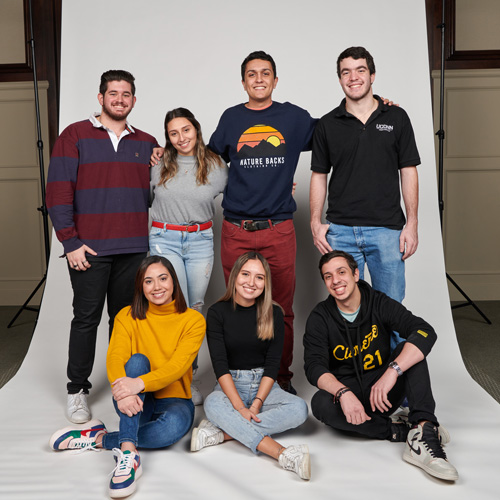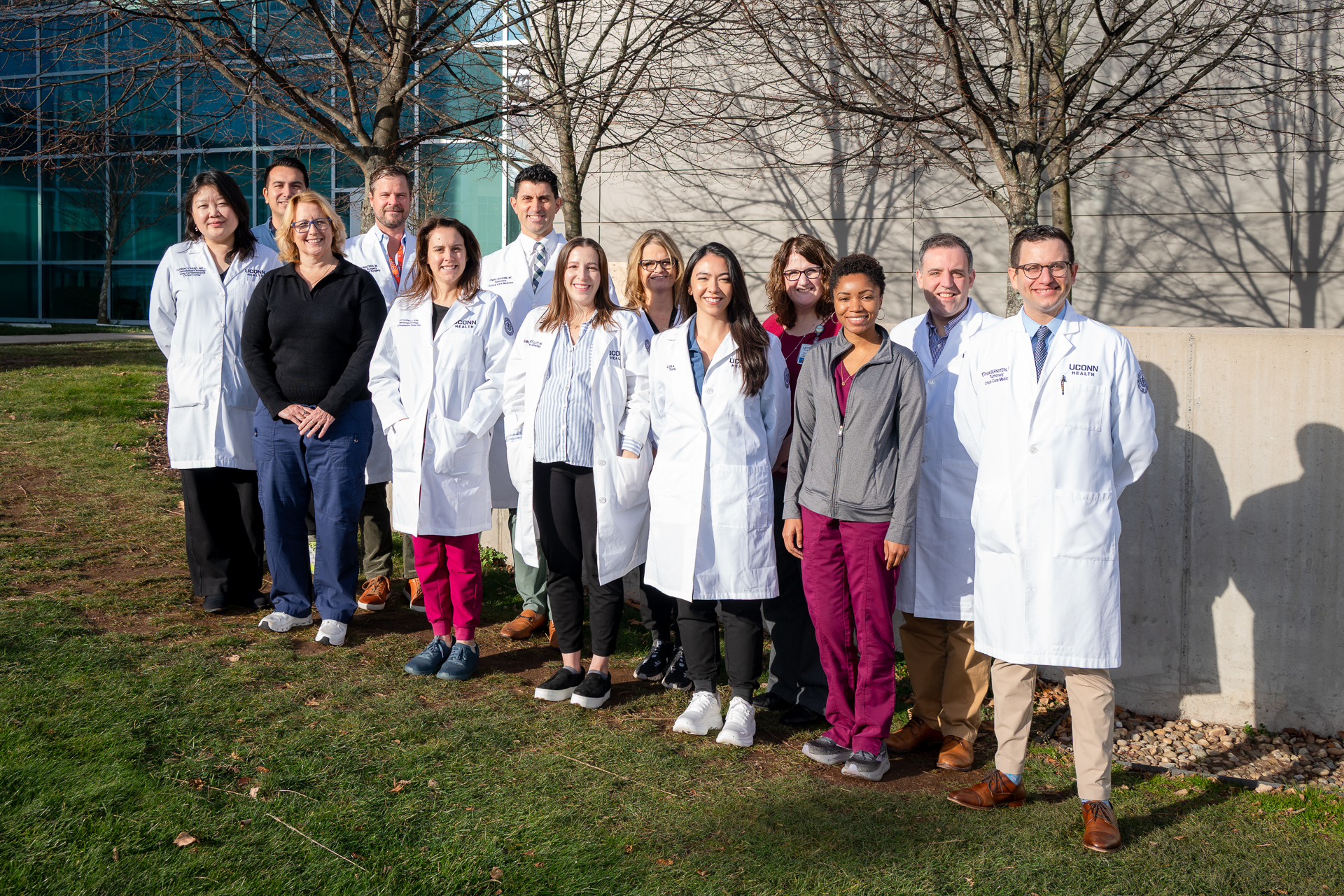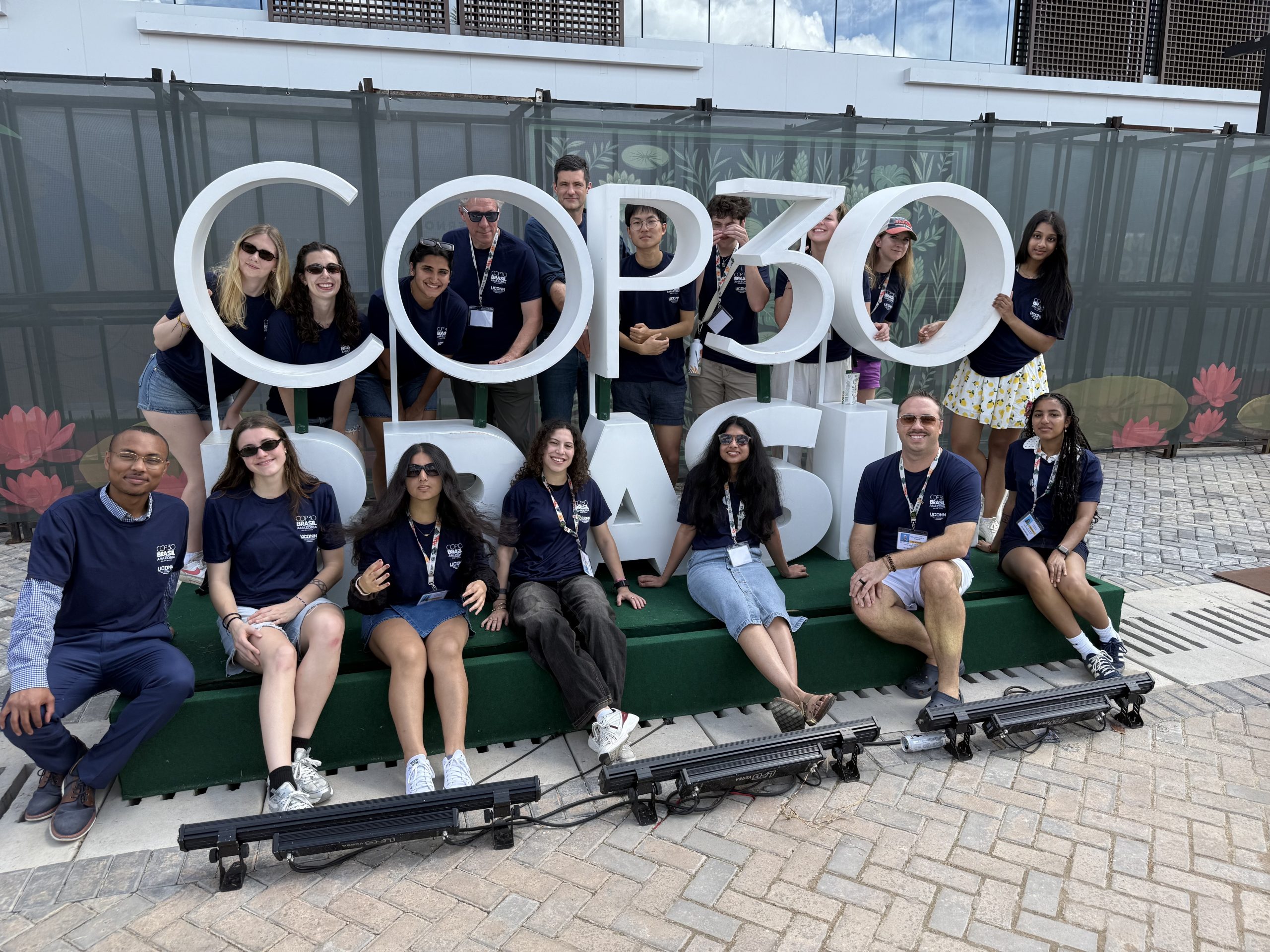When Alexandra Aponte ’20 (ENG) spoke to her mom on the night of September 19, 2017, she wasn’t too concerned about Puerto Rico.
Talks of yet another hurricane were circling the news, just two weeks after Hurricane Irma had hit the island, but Aponte knew to think twice before panicking. Born and raised on the island, Aponte lived through various hurricane warnings for storms that would either slow down drastically by the time they hit the island or miss it all together. In fact, the running joke, she says, was that Puerto Rico had a magic shield that protected it from tropical storms. So when she hung up with her mom, she was convinced she’d hear from her first thing in the morning, and once again the hurricane would have been all talk.
But when she woke up there was no call.
Aponte wasn’t alone. Eight other students from Puerto Rico, who started at UConn with her in 2016, were in the same predicament — some unable to reach their families and friends for hours and others for several weeks.
Nearly a category 5 hurricane, with winds at 155 mph, Hurricane Maria became the strongest to hit Puerto Rico in 80 years. Causing widespread destruction, Maria left millions without electricity or clean water for months and caused nearly 3,000 fatalities, a number reported much later in an independent study by George Washington University.
When all nine students committed to UConn they did so in hopes of tapping into greater opportunities. And, of course, as they settled in freshman year they were prepared to find their fair share of hurdles, even more than the average student. From speaking English every day to seeing snow for the first time, their experience was similar to that of international students, they say, with the exception of holding a U.S. passport.
But Hurricane Maria was one challenge none of them could foresee. Just weeks after starting their sophomore year here, their friends and families were shaken like never before, 1,633 miles away. And all they could do was watch from the sidelines.



